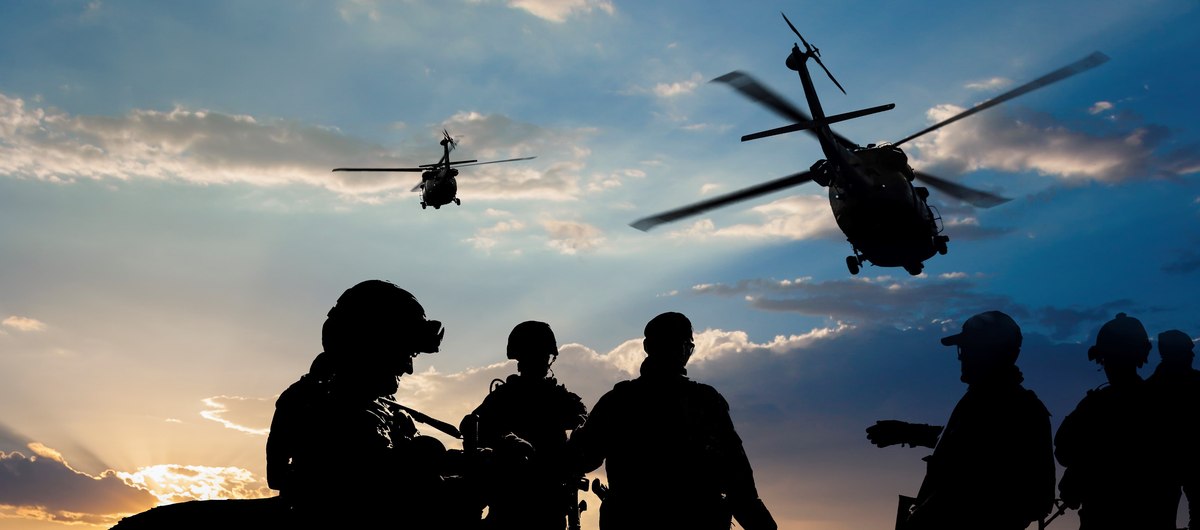This Friday marks nineteen years since the September 11th attacks of 2001.
The attacks on the World Trade Center, the Pentagon, and hijacked United Flight 93, by members of the militant group Al-Qaeda, catalyzed a wave of counter terrorism initiatives in the United States. Shortly after the attacks, President George W. Bush signed into law a joint resolution authorizing the use of force against those responsible for attacks. Although none of the Al-Qaeda operatives involved in the attack were Afghan nationals, this resolution was cited as a legal rational for invading Afghanistan – the base for Al-Qaeda.
Nineteen years later, many Americans aren’t sure who is winning the war in Afghanistan, even as the United States continues to maintain troops in the region. In the latest Economist/YouGov Poll, half (53%) of American’s say they aren’t sure if the United States is winning or losing the war in Afghanistan. The high lack of certainty could be because the United States continues to reduce its number of troops in the region, and earlier this year, President Donald Trump announced a formal agreement “to bring our people back home” from Afghanistan.
Despite this, three in 10 (29%) Americans say they think the US is losing the war, compared to 18 percent who say the US is winning. Republicans (33%) are more likely than Independents (15%) and Democrats (10%) to say the United States is winning the war in Afghanistan.
Additional data from this week’s Economist/YouGov Poll finds two in five (39%) Americans say they think the United States made a mistake sending troops to fight in Afghanistan, while 28 percent say it was not a mistake. Young Americans (43%), between the ages of 18 and 29, are the most likely age group to say they are unsure if the decision was mistake.
Among political parties, Democrats (52%) are more likely than Independents (38%) and Republicans (27%) to say the United States made a mistake sending troops to Afghanistan – although many Americans, across party lines, are not sure (Democrats, 27%; Independents, 37%; Republicans, 34%).
Americans are more likely to say sending troops to Iraq was a mistake (45%), than sending troops to Afghanistan (39%).
In 2003, citing concerns over Iraqi weapons of mass destruction, which have now proven illusionary, and with the aim of toppling Iraqi dictator Saddam Hussein – The United States invaded Iraq.
Today, according to additional data, 45 percent of Americans say it was a mistake to send troops to fight in Iraq. Much like opinions surrounding the war in Afghanistan, many Americans (27%) are unsure if it was a mistake or not – while three in 10 (29%) say it was not a mistake.
See the toplines and crosstabs from this week’s Economist/YouGov Poll
Methodology: The Economist survey was conducted by YouGov using a nationally representative sample of 1,500 U.S. adult citizens interviewed online between September 6 - 8, 2020. This sample was weighted according to gender, age, race, and education based on the American Community Survey, conducted by the US Bureau of the Census, as well as 2016 Presidential vote, registration status, geographic region, and news interest. Respondents were selected from YouGov’s opt-in panel to be representative of all US citizens. The margin of error is approximately 3.4% for the overall sample.
Image: Getty








